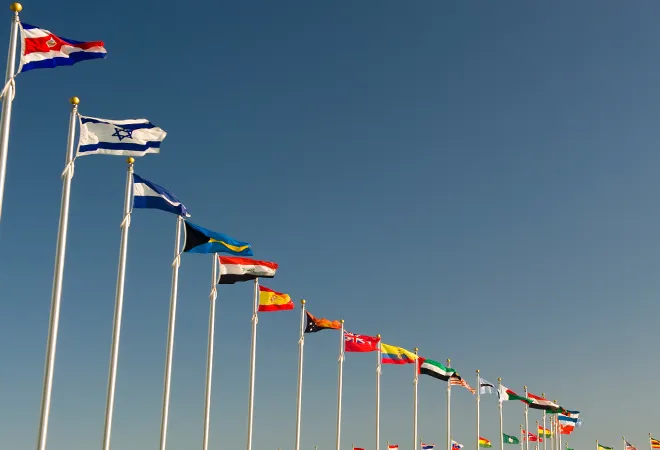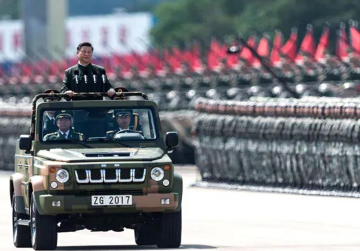The global order is evolving at a fast pace with nations, large and small, struggling to cope with the tumult around them. While major powers compete among themselves in shoring up their global heft and capabilities, the developing world is struggling to cope with the consequences of this contestation. The Ukraine war has become emblematic of this pressure as food, fuel and the wider economic crises continue to challenge the ability of the developing world to manage their affairs.
Today, structural changes in the international system are quite evident and their impact on nations is also palpable. Two countries that are redefining their foreign and security policies and, in so doing, their global identities are Germany and Japan. These two nations have been constrained by their Second World War legacies. Despite emerging as economic powers during the Cold War, they remained inward oriented. These were reticent global powers, primarily leveraging their economic power without gaining much strategic heft in return. Their inward orientation suited the West, in particular the United States of America whose global supremacy was predicated on keeping Germany’s and Japan’s global ambitions in check. It also kept major power rivalries in Europe and Asia under control.
But that was then. Today’s global shift is being defined by the remarkable changes in the foreign policy aspirations of both Germany and Japan. It was Japan’s former prime minister, Shinzo Abe, who pushed his nation into envisioning a new global role for itself. He argued that the changing balance of power in the region made it imperative for Tokyo to revise its foreign policy and national security outlook. He made a strong case for Japan’s critical role in keeping the Indo-Pacific free and open.
The Ukraine war has given a new opening to his successor, Fumio Kishida, who, in his new defence strategy released in December last year, has underlined that “the strategic challenge posed by China is the biggest Japan has ever faced”. He has announced that defence spending over the next five years would be 2% of Japan’s GDP to prepare the country for a sustained conflict as China becomes aggressive and tensions grow around Japan’s periphery. Tokyo’smove away from the constraints imposed by its pacifist Constitution is being supported by a populace that is growing wary of the developments in its neighborhood. The US, in recent years, encouraging Japan to take on greater global responsibilities is also an enabler in this transformation in Japan’s security outlook.
Tokyo’smove away from the constraints imposed by its pacifist Constitution is being supported by a populace that is growing wary of the developments in its neighborhood.
Being at the heart of the strategic flux in the Indo-Pacific, Japan has had time to shape its shift. For Germany, however, the speed and scale of the shift in its strategic thinking are quite remarkable. Even as the rest of the Europe was beginning to acknowledge the challenges posed by China and Russia to the global order, Germany was reluctant to join the chorus given its strong economic ties with China and energy dependence on Russia.
The German chancellor, Olaf Scholz, has been a revolutionary figure in sofar as his drive to reimagine his nation’s strategic map despite facing criticism that his government had dithered in supporting Ukraine. Scholz has put forward an ambitious agenda of a substantial increase in defence spending and military aid to Ukraine, the largest in absolute terms for any European Union country. For a nation that had been reluctant about the ideas of military power, it is indeed a leap of faith to be sending Leopardtanks to Ukraine. For Berlin, Ukraine’s invasion has been a historical turning point. Germany’s re-evaluation of its security posture is an inflection point in post-Second World War European thinking.
As Germany and Japan rediscover themselves, the world seems to have come a full circle. India has excellent ties with both. A robust security footprint of Berlin and Tokyo is good news for New Delhi that remains keen on a multipolar global order.
This commentary originally appeared in Telegraph India.
The views expressed above belong to the author(s). ORF research and analyses now available on Telegram! Click here to access our curated content — blogs, longforms and interviews.




 PREV
PREV


